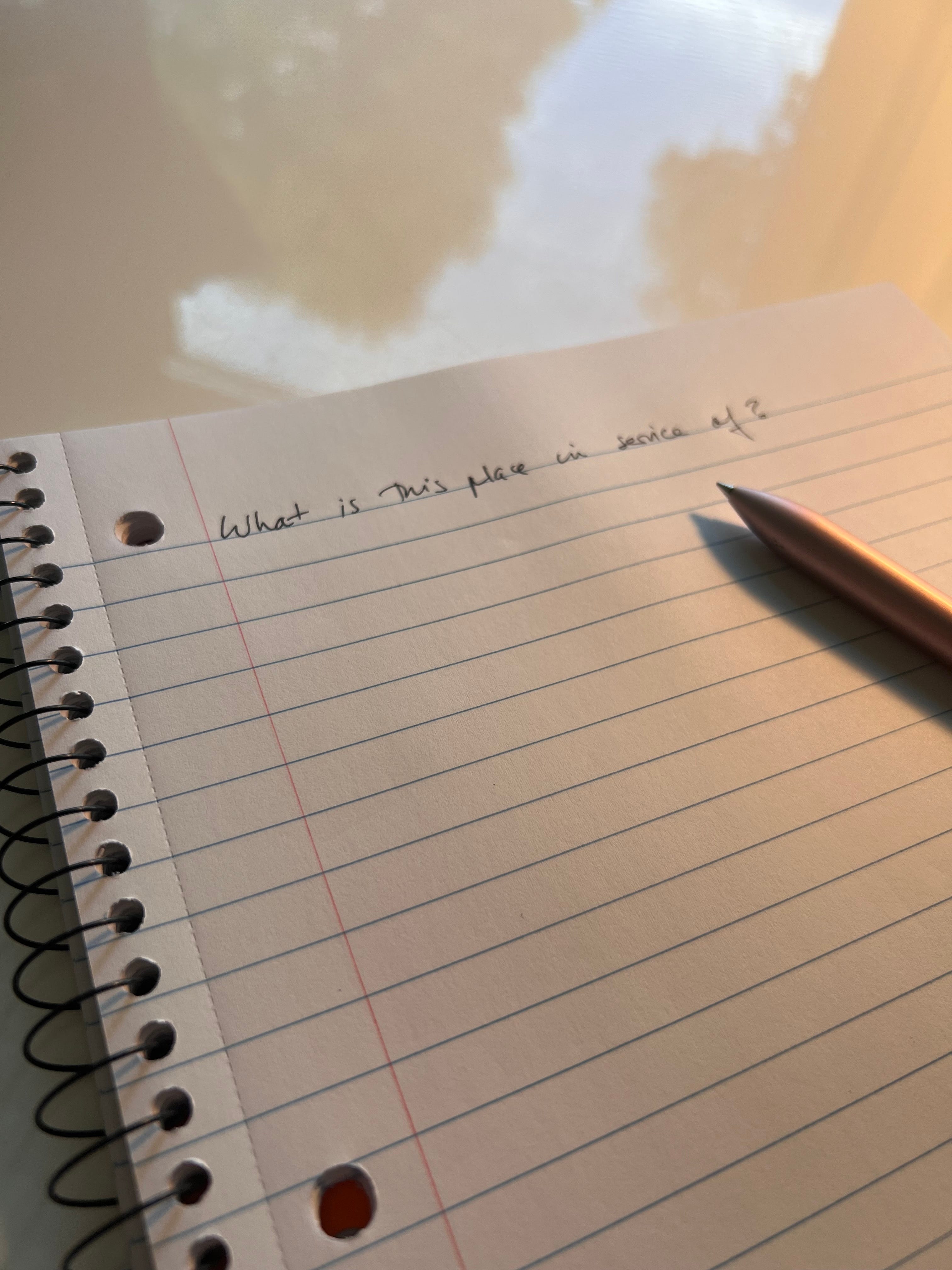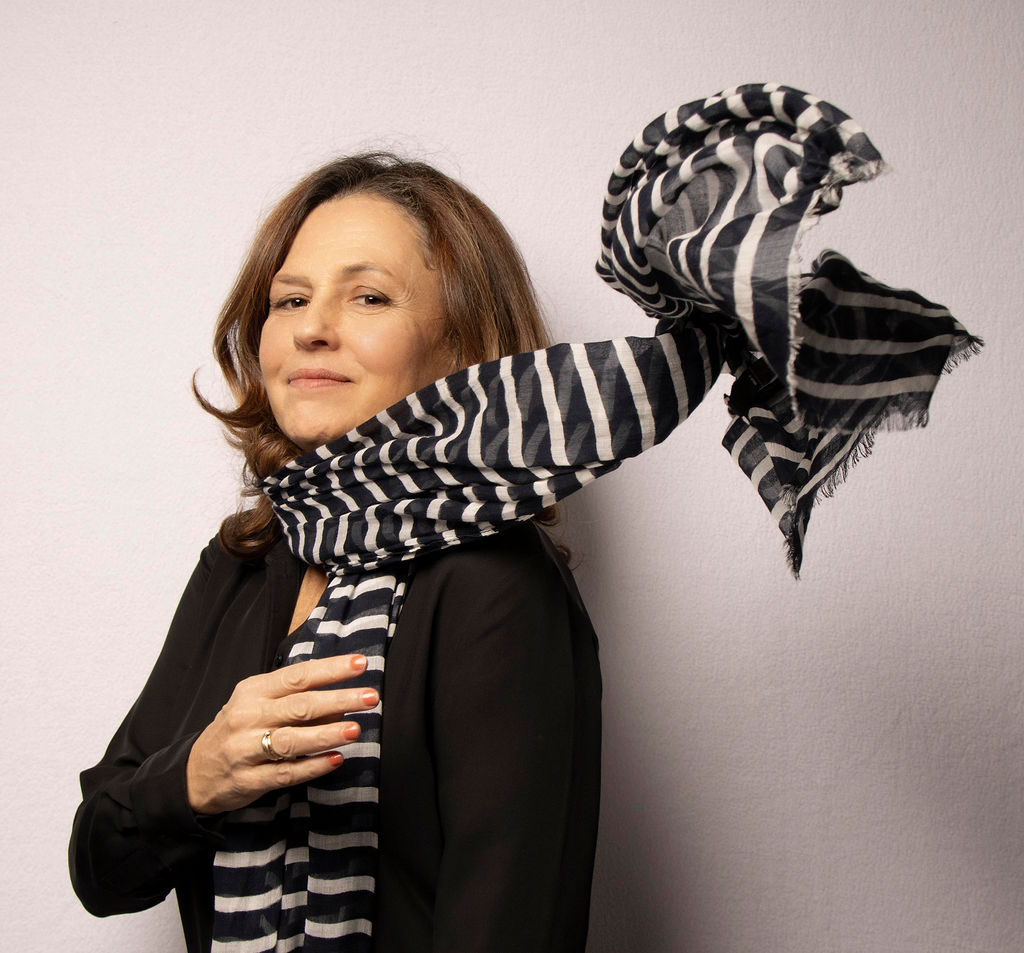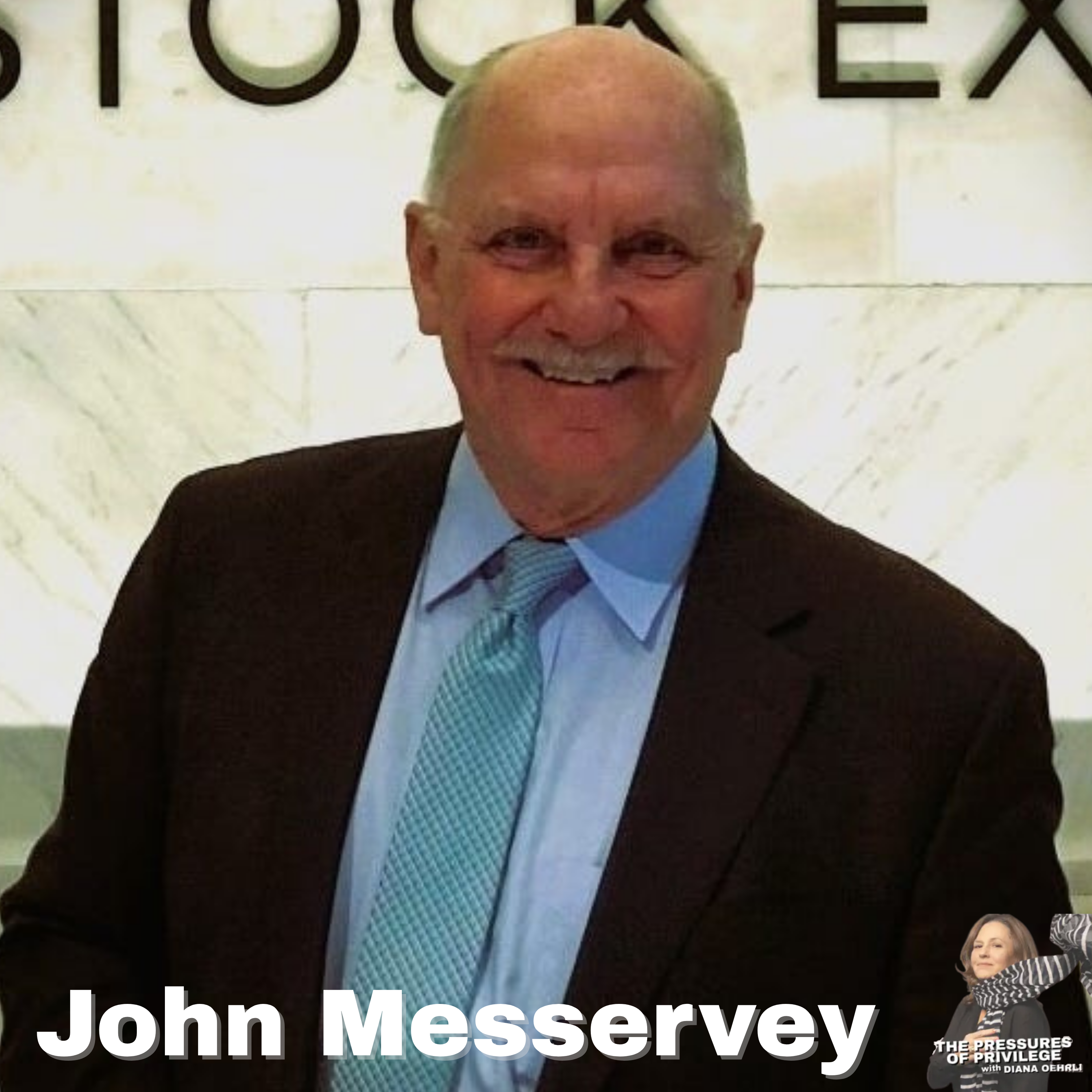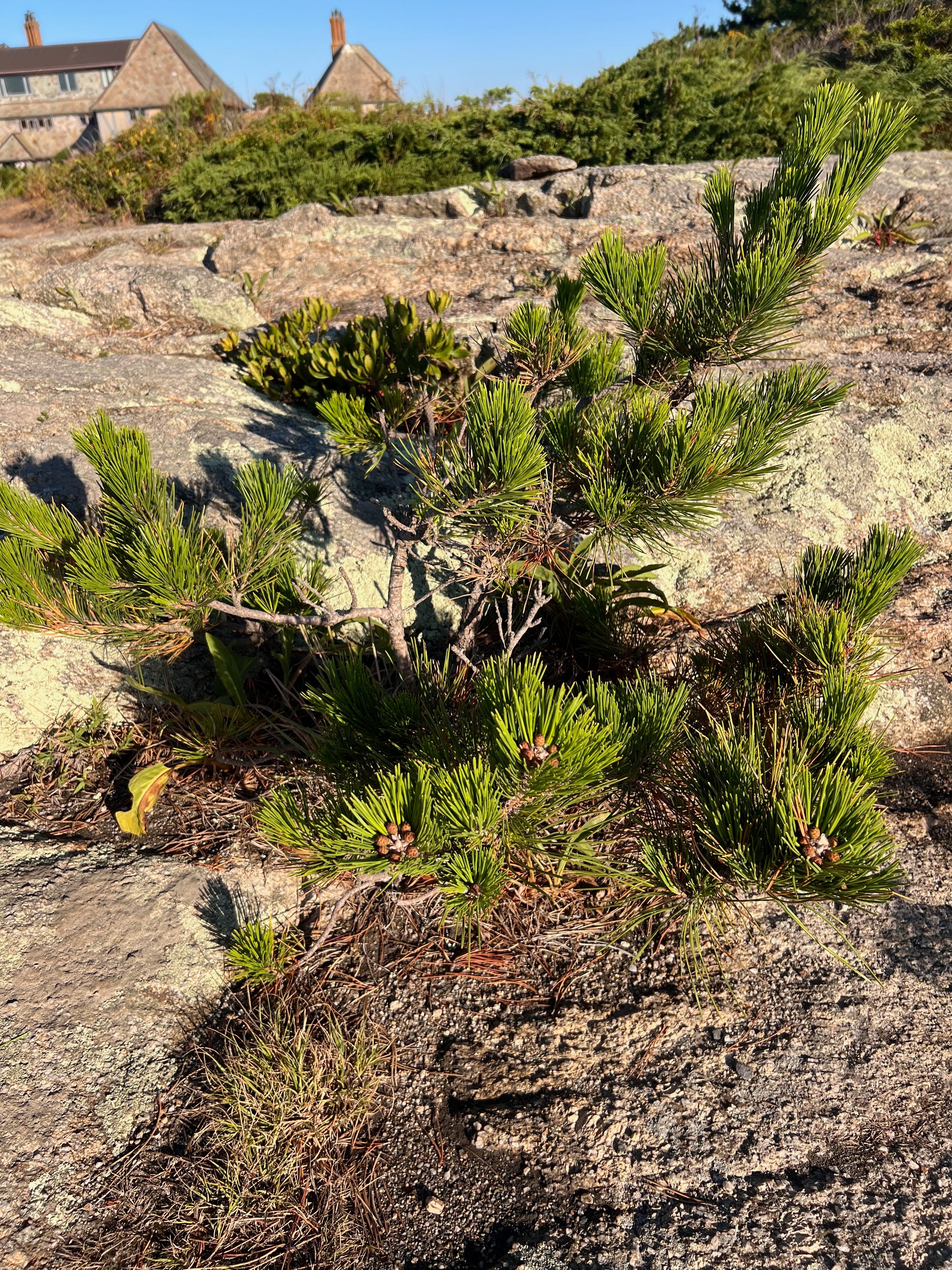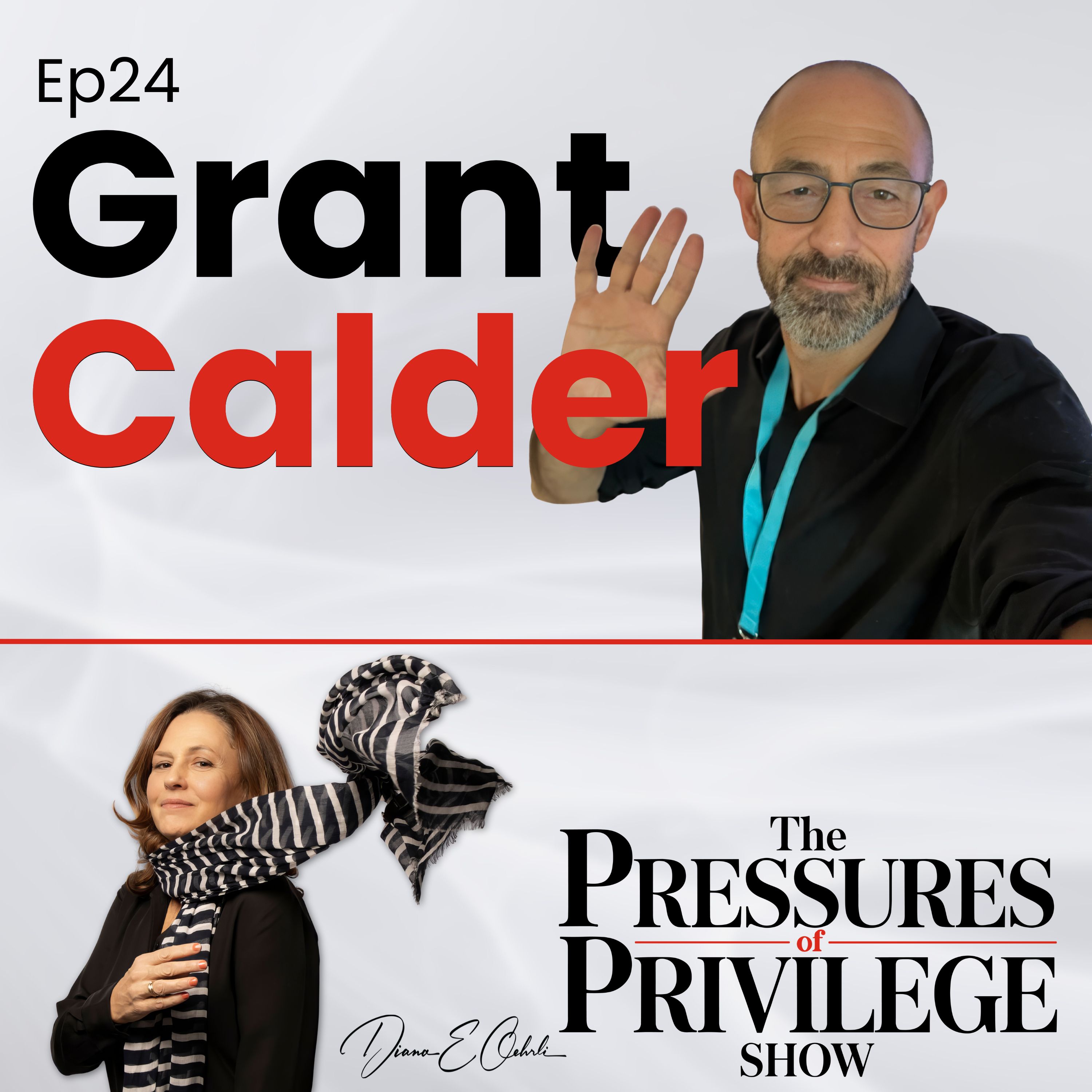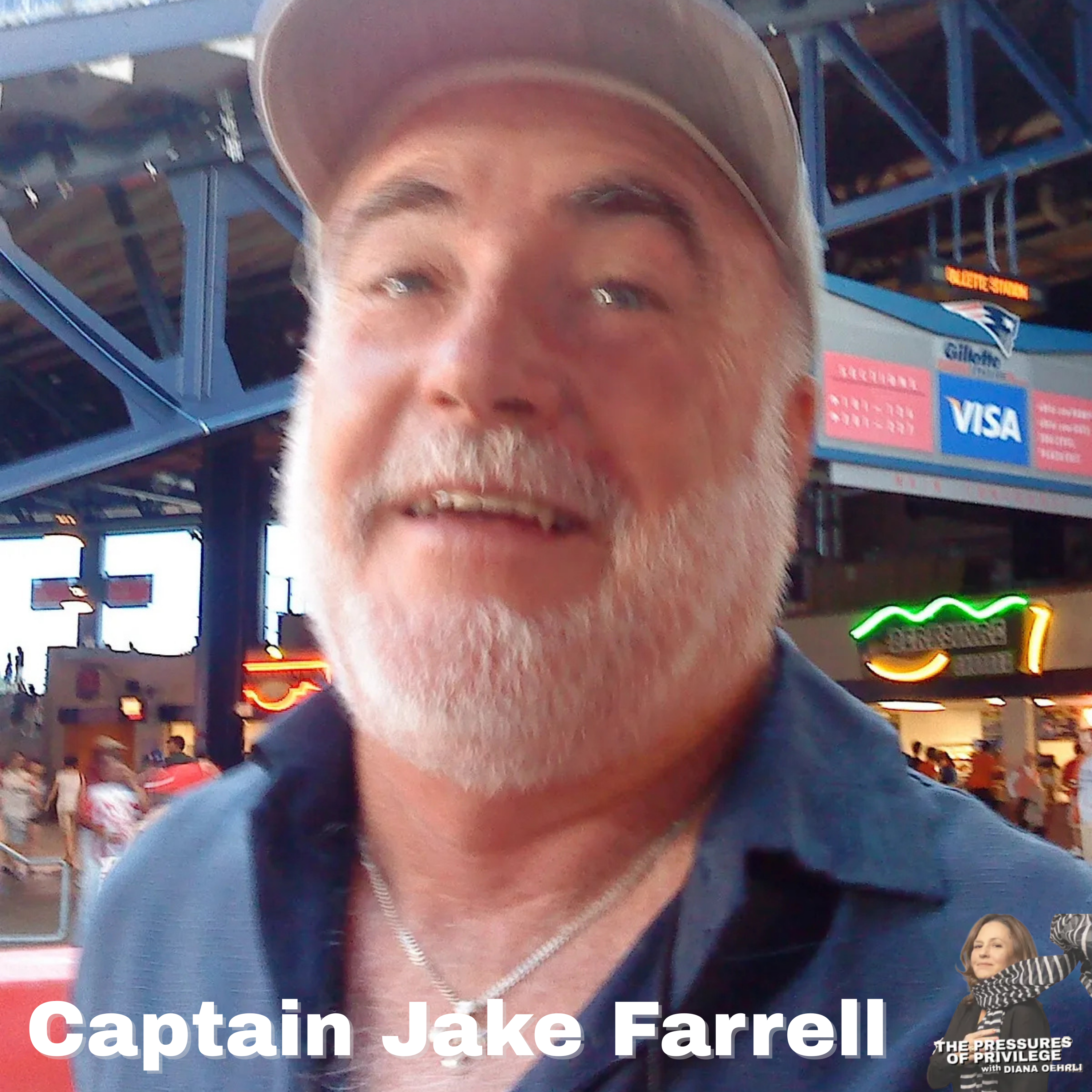Episode Transcript
[00:00:01] Stuck on the yellow brick road, Money pledges mobility yet frequently roots us in place.
[00:00:08] I've been grappling with this paradox, as have my friends and clients.
[00:00:13] Many of us wrestle with the simple question, where do I settle?
[00:00:18] The answer should come easily. We have choices, after all. But instead of freedom, the abundance of choices leads to paralysis.
[00:00:27] Taxes, obligations and family expectations weigh down each option. Wealth becomes a trap.
[00:00:34] Not having money simplifies things. Fewer choices, fewer illusions. Today's article in the Wall Street Journal titled A Billionaire, a Psychic, and a Bad Investment, the Friendship Breakup from Hell, about the conflict between Canadian billionaire Taylor Thompson and Ashley Richardson made the front page and made me think about the complications of money.
[00:00:55] Richardson, a woman who created a career designing social media campaigns for Fortune 500 companies, admitted her life was simpler before wealth pulled her in. Here are some of her People know who she is and know she will drop millions. It was nauseating.
[00:01:11] Taylor has been borderline cruel to me, consistently making sure I know that my lack of wealth and status makes me uninteresting. This is a catastrophe of having money.
[00:01:21] The more money you have, the harder it is to live. Simply, the gravitational pull of wealth was corrosive.
[00:01:28] Goodbye, Yellow Brick Road. While reading the article, I couldn't help but think of Elton John's Goodbye Yellow Brick Road, including those lines about returning to the plow, choosing the open field over the penthouse. The song carries a haunting wisdom. The Yellow Brick Road sparkles, but it rarely leads where you think.
[00:01:47] I sometimes wonder if the dogs of society he sings about are less the critics outside, but the doubts gnawing within.
[00:01:54] Will I be enough if I choose simplicity?
[00:01:58] Richardson said. Thompson made her feel uninteresting because of her lack of wealth.
[00:02:04] Maybe that's where she went wrong. She lost herself trying to become interesting to the wrong person.
[00:02:09] Thompson was likely drawn to Richardson's authenticity at first, her need to work, her initial reluctance to accept lavish gifts.
[00:02:18] But as Richardson compromised her integrity to fit into that glittering world, Thompson sensed the change. The very qualities that made Richardson compelling disappeared the moment she started chasing Thompson's approval.
[00:02:31] When money stops working Research confirms this paradox. Daniel Kahneman and Angus Deaton famously analyzed 450,000 survey responses and found that high income improves life evaluation.
[00:02:45] How you think about your life but not emotional well being. How you actually feel day to day.
[00:02:50] In their study, life evaluation rose steadily with income. But emotional well being plateaued at about $75,000 a year, roughly $100,000 in today's dollars.
[00:03:02] After that threshold, more money didn't mean more happiness. It only meant a higher rung on the ladder of comparison. In other words, money helps when you don't have enough. But beyond a certain point, it doesn't deliver joy. It just feeds the need to keep score.
[00:03:18] Beyond stuck. So where do I settle? In my journal, I listed each place and asked, what is this place in service of? The answers came back. People, places and things. A mother, a child, a sibling, a house, an ocean, a piano, a dog.
[00:03:35] Each one precious, each one tethering.
[00:03:38] But then another question surfaced. Do I really want to live in service of people, places and things?
[00:03:44] Part of me does. I love them. But another part longs for something higher.
[00:03:49] I've been talking with my daughter about Ikigai, that sweet spot at the intersection of what you love, what you're good at, what the world needs, and what you can be paid for.
[00:03:58] That isn't a person, place, or thing.
[00:04:00] But here's where the wealth paradox strikes again. A friend without money might say, why not just move to Costa Rica? You don't need to be paid. You can preserve rainforests and just volunteer.
[00:04:12] But that misses the point. Without that fourth element being paid for meaningful work, you lose more than income. You lose the sense of being valued by the world, of contributing something others actually need.
[00:04:24] So the question shifts. Not where can I afford to live, but where can I do my best work? Where can I coach most effectively, write most freely, find the insights my clients and readers actually need?
[00:04:38] Maybe that's the real freedom, not escaping the need to earn, but finding where you're earning serves something larger than accumulation, where geography becomes irrelevant because the work itself draws people to you.
[00:04:55] I am still wrestling with that question, still caught between the gravitational pull of security and the call towards something truer.
[00:05:04] But maybe the answer lies, as Elton John suggested, beyond the yellow brick road.
